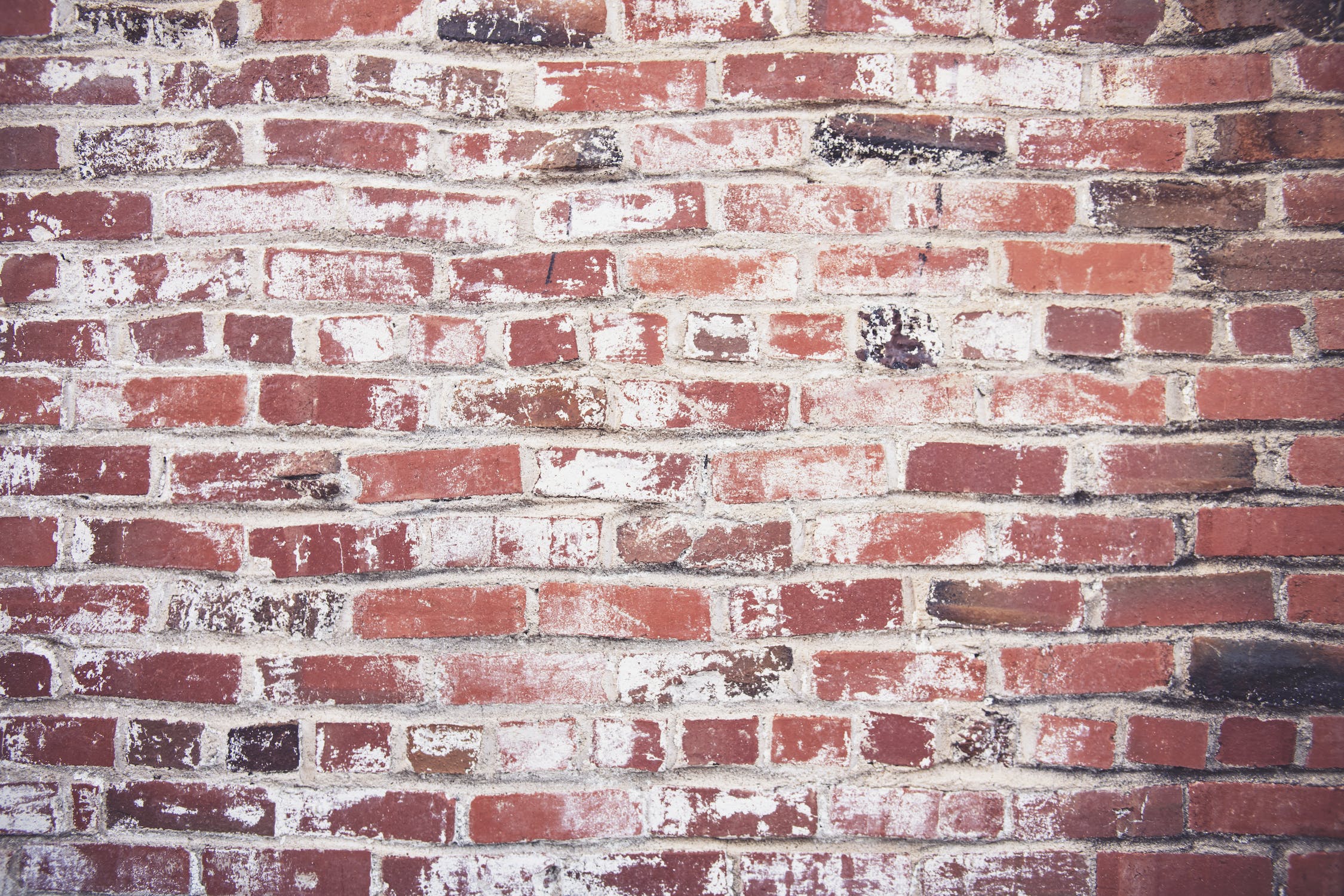Everything You Need to Know About Cavity Wall Insulation

Cavity wall insulation is a vital component of energy-efficient homes in the United Kingdom. It plays a significant role in reducing heat loss, lowering energy bills, and improving overall comfort.
If you're a homeowner in the UK, understanding the ins and outs of cavity wall insulation is crucial. In this informative article, we'll cover everything you need to know about cavity wall insulation in the UK, including its benefits, eligibility criteria, installation process, and potential considerations.
Benefits of Cavity Wall Insulation:
Cavity wall insulation offers numerous advantages for homeowners in the UK, including:
Energy Efficiency: Insulating cavity walls reduces heat loss from the property, leading to lower energy consumption and reduced heating bills.
Cost Savings: By improving energy efficiency, cavity wall insulation can save homeowners up to £245 per year on their heating bills, according to the Which?.
Enhanced Comfort: Insulation helps maintain a more stable indoor temperature, reducing drafts and cold spots, and providing a more comfortable living environment.
Environmental Impact: By reducing energy consumption, cavity wall insulation helps lower carbon emissions, contributing to the UK's sustainability and climate change goals.
Eligibility Criteria:
To benefit from cavity wall insulation, homeowners in the UK should consider the following eligibility criteria:
Property Type: Most types of properties in the UK can have cavity wall insulation installed, including detached, semi-detached, terraced houses, and some flats. However, certain building types, such as high-rise buildings and properties with external cladding, may require alternative insulation methods.
Cavity Size and Condition: The cavity between the inner and outer walls should be of sufficient width and in good condition for insulation installation. A professional surveyor can assess the cavity's suitability during an initial assessment.
Dampness: Any existing damp issues in the walls should be resolved before insulation installation. Cavity wall insulation can exacerbate damp problems if not properly addressed.
Installation Process:
Cavity wall insulation in the UK typically follows these steps:
Survey and Assessment: A qualified surveyor will visit the property to assess its suitability for cavity wall insulation. They will inspect the walls, check the cavity size and condition, and identify any potential dampness issues.
Preparation: Before installation, any necessary repairs or treatments, such as fixing wall cracks or addressing dampness, are carried out.
Insulation Installation: Small holes are drilled into the external walls, and insulating material is injected into the cavity using specialist equipment. The material can be mineral wool, polystyrene beads, or foam insulation, depending on the installer and property requirements.
Completion and Documentation: After installation, the holes are filled, and the surface is made good to match the existing wall. Installers should provide completion certificates, guarantees, and relevant documentation for warranty and future reference.
Considerations:
While cavity wall insulation offers numerous benefits, homeowners in the UK should keep the following considerations in mind:
Building Regulations: Ensure that the installation complies with current building regulations and standards. Reputable installers will adhere to the relevant guidelines and provide appropriate documentation.
Ventilation: Adequate ventilation is essential for a healthy indoor environment. It is important to consider proper ventilation measures in conjunction with cavity wall insulation to avoid condensation issues.
Property Insurance: Check with your insurance provider to ensure that cavity wall insulation does not affect your policy. Some insurers may have specific requirements or exclusions regarding insulation.
Financial Incentives:
In the UK, financial incentives and schemes exist to support cavity wall insulation and energy efficiency improvements. The Energy Company Obligation (ECO) is one. ECO is an energy efficiency scheme in the UK that obliges larger energy suppliers to support low-income households and those living in vulnerable circumstances with energy-saving measures, including cavity wall insulation.
Cavity wall insulation is an effective way to improve energy efficiency, reduce heating bills, and enhance comfort in UK homes.
By understanding the benefits, eligibility criteria, installation process, and considerations associated with cavity wall insulation, homeowners can make informed decisions to create more energy-efficient and sustainable living spaces. Consult with professional installers and explore available financial incentives to make the most of cavity wall insulation in the UK.